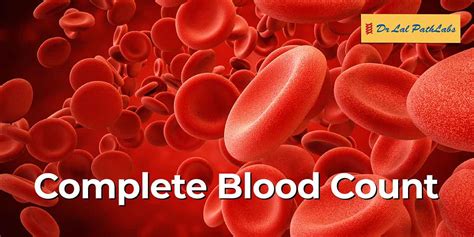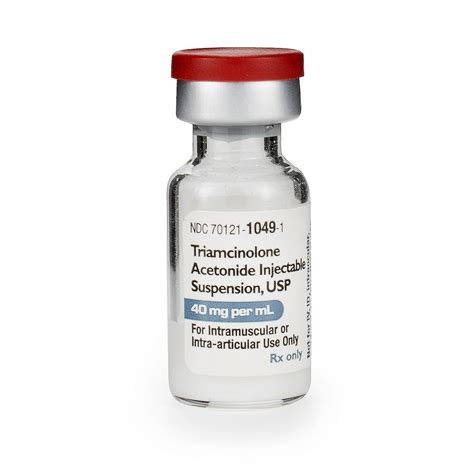Complete Blood Count Check: Get Accurate Results

Understanding the intricacies of our bodily functions is crucial for maintaining optimal health. One of the most comprehensive tools at our disposal for gaining insights into our health status is the Complete Blood Count (CBC) test. A CBC is a routine blood test that measures various components of the blood, providing valuable information about our overall health and helping in the diagnosis of a wide range of conditions. In this article, we will delve into the details of what a CBC entails, its significance, and how to ensure accurate results from this test.
Introduction to CBC
A Complete Blood Count, commonly referred to as a CBC, is a blood test used to evaluate the overall health and detect a variety of diseases and conditions, including anemia, infection, and leukemia. It’s a fundamental test that measures different parts of your blood, including red blood cells, white blood cells, hemoglobin, hematocrit, and platelets. Each component provides critical information about the body’s condition.
- Red Blood Cells (RBCs): These cells carry oxygen from the lungs to the rest of the body. A CBC measures the number of RBCs, their size (mean corpuscular volume, MCV), and their average amount of hemoglobin (mean corpuscular hemoglobin, MCH).
- White Blood Cells (WBCs): Also known as leukocytes, WBCs help fight infections. The CBC measures the total number of WBCs and sometimes breaks down the count into the different types of WBCs (like neutrophils, lymphocytes, monocytes, eosinophils, and basophils).
- Hemoglobin (Hb) and Hematocrit (Hct): Hemoglobin is the protein in RBCs that carries oxygen. Hematocrit measures the proportion of blood that is made up of RBCs. These measurements can help diagnose anemia and other conditions.
- Platelets (Thrombocytes): These are tiny cells that help form blood clots to stop bleeding. Changes in platelet counts can indicate problems with blood clotting or bone marrow function.
Significance of CBC
The CBC is an indispensable diagnostic tool because it can identify a variety of health issues, often before symptoms arise. Here are a few reasons why a CBC is significant:
- Detection of Anemia: CBC helps in identifying different types of anemia, such as iron deficiency anemia, by measuring the levels of hemoglobin and hematocrit.
- Infection and Inflammation: An elevated white blood cell count can indicate the presence of an infection or inflammation somewhere in the body.
- Blood Clotting Disorders: Abnormal platelet counts can signal issues with blood clotting, which can lead to conditions like thrombocytopenia or thrombocytosis.
- Leukemia and Lymphoma: CBC is one of the initial tests used to detect these blood cancers, as it can reveal abnormal counts and types of white blood cells.
- Monitoring Chronic Conditions: For individuals with chronic conditions like diabetes or autoimmune diseases, regular CBC tests can help monitor the health of their blood and overall condition.
Ensuring Accurate CBC Results
To get accurate results from a CBC test, it’s essential to follow certain guidelines and understand the potential factors that can affect the results:
- Preparation: Usually, no special preparation is needed, but it’s best to follow the instructions provided by the healthcare provider or laboratory.
- Fasting: Some components of the CBC might require fasting, especially if the test is part of a comprehensive metabolic panel.
- Avoid certain medications: Certain medications can affect blood cell counts. Inform your healthcare provider about any medications or supplements you’re taking.
- Avoid heavy exercise: Strenuous exercise can temporarily affect blood cell counts.
- Be aware of potential inaccuracies: Dehydration, for example, can concentrate the blood and lead to inaccurately high readings.
Interpreting CBC Results
Interpreting CBC results requires understanding what the different measurements signify:
- High or Low RBC, Hb, and Hct levels: Can indicate anemia, polycythemia (too many red blood cells), or other disorders.
- Abnormal WBC counts: Can signal infection, inflammation, leukemia, or other conditions affecting the immune system.
- Abnormal platelet counts: Can indicate problems with blood clotting, bone marrow disorders, or autoimmune diseases.
FAQ Section
What does a CBC test for?
+A CBC, or Complete Blood Count, tests for various components of the blood, including red blood cells, white blood cells, platelets, hemoglobin, and hematocrit, providing insights into overall health and helping diagnose a range of conditions.
Do I need to prepare for a CBC test?
+Generally, no special preparation is required for a CBC. However, it's essential to follow any specific instructions provided by your healthcare provider, such as fasting or avoiding certain medications.
How long does it take to get CBC results?
+The time it takes to get CBC results can vary depending on the laboratory and the urgency of the test. Typically, results are available within a few hours to a couple of days.
Conclusion
A Complete Blood Count is a powerful diagnostic tool that offers a glimpse into the body’s internal workings, helping identify potential health issues and monitor existing conditions. By understanding what a CBC measures and how to ensure accurate results, individuals can better navigate their health journey. Whether it’s to screen for diseases, monitor health conditions, or simply as part of a routine check-up, a CBC is an invaluable resource in the quest for optimal health and wellness. Remember, the key to optimal health is proactive monitoring and a thorough understanding of our bodily functions, and tools like the CBC are at the forefront of this endeavor.



